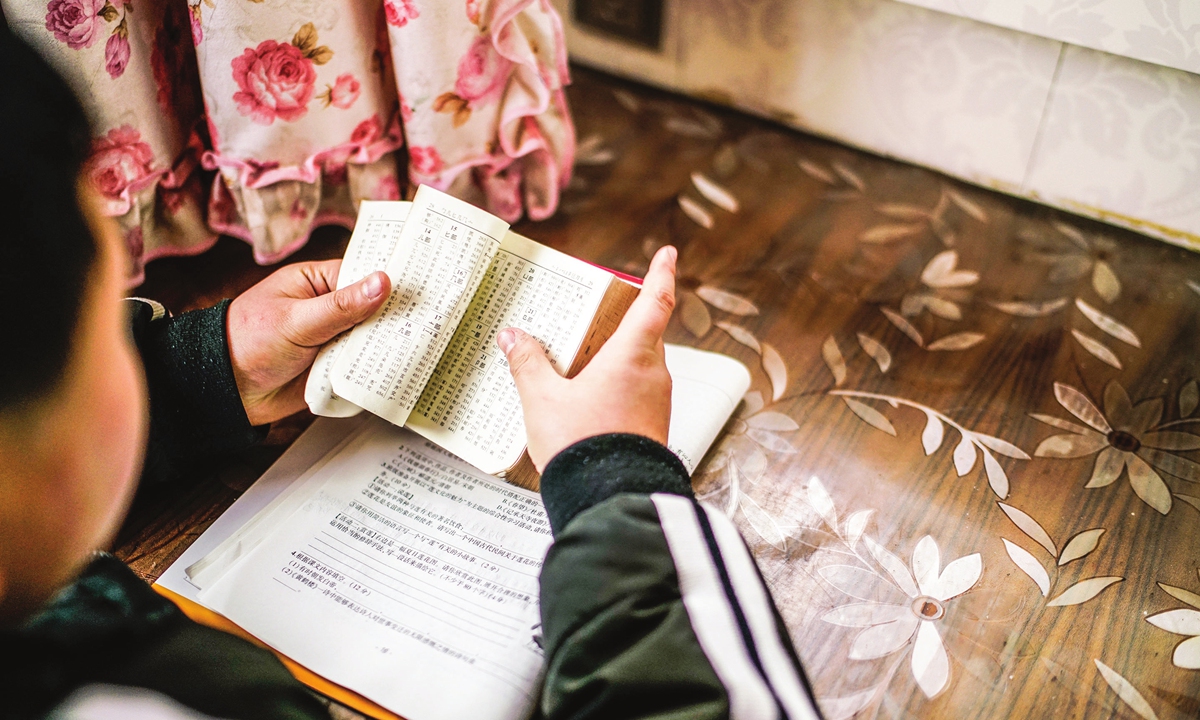
Not long after the news broke that former Japanese Prime Minister Abe Shinzo had been assassinated, posts and videos of Chinese celebrating the killing began circulating on English-language social media.
This wasn’t an accident or viral happenstance, but part of an organized campaign spearheaded by a group calling itself The Great Translation Movement. Formed after the outbreak of hostilities between Russia and Ukraine earlier this year, the GTM first drew widespread attention for translating misogynistic, callous, or otherwise inflammatory posts by users on Weibo and other Chinese social media sites and reposting them to Twitter — most famously a repeated joke about Chinese men being willing to offer shelter to Ukrainian women. In the months since, the GTM has repeatedly translated and reposted similar comments from Chinese social media onto international platforms, with an especial focus on hot-button issues like the Shanghai lockdown or the above-mentioned assassination of Abe.
It should be noted that although the comments the GTM translates are not necessarily representative of Chinese public opinion, they are generally authentic. Recent years have seen a rise in extremist and hate speech in online spaces all over the world. Driven by irrational passions — and egged on by algorithms that reward engagement and hot takes at the expense of measured reasoning and factual statements — social media users increasingly view the world in black and white. Enemies lurk around every corner, and the internet has become a force multiplier for conspiracy theories and misinformation.
Crucially, however, while the GTM positions itself as a kind of hall monitor for online speech, it has far more in common with the hateful trends it claims to abhor.
The Great Translation Movement has its origins in a number of Chinese and China-focused forums on Reddit. One of the most prominent, r/chonglangTV, was known for promoting and using slurs and hate speech such as “Cheena,” a derivation of the term for China used by Imperial Japan. In March, the subreddit was shut down due to a violation of Reddit’s rules “against posting personal information.”
The GTM reflects these preoccupations. In an interview with German media outlet Deutsche Welle, an anonymous member of the group behind the GTM social media account called Chinese “a collection of the proud, arrogant, populist, cruel, bloodthirsty, and those lacking in sympathy.” They added that the group “hopes people of Chinese descent from all over the world can rid themselves of these negative emotions, truly integrate with civilized society, and feel ashamed of their ignorance.”
Unsurprisingly, the group’s real focus seems to be less about helping the targets of hate speech on the Chinese internet, such as Ukrainian women or Abe’s grieving family, than fanning the flames of that hate and redirecting it back at China and Chinese around the world. Again, Ukraine offers a useful example: After the group translated and shared jokes from Chinese social media about “taking in” Ukrainian women, it caused a wave of anti-China sentiment within Ukraine itself. Those most affected by the backlash weren’t the largely anonymous posters singled out by the GTM, but Chinese who had lived in Ukraine for years, and who now found themselves in the crosshairs.
The GTM is hardly alone in facilitating the spread of hate online. Still, it is a shame to see translation used as a tool to divide, rather than unite. The Russian poet Alexander Pushkin famously called translators “the post-horses of civilization.” In Europe, translated works fueled the Renaissance and the Enlightenment. In Asia, they played a key role in the spread of scientific advances and Western learning. Many of these works emphasized the supposedly deep contrasts between Chinese and Western civilization, but their translators helped bridge these divides, facilitating dialogue and communication across civilizations.
That’s not what’s happening here. Context is vital. The GTM — and other, similar movements, regardless of nationality — have taken advantage of people’s trust in translators and translation to sow hatred and exacerbate tensions. Some may be willing to overlook the frankly racist motivations of these groups, but they do so at their own peril. The real enemy isn’t this country or that one, but poverty and ignorance, barbarism and hate.
Translator: Matt Turner; editor: Wu Haiyun; portrait artist: Wang Zhenhao.
(Header image: Alexsl/Getty Creative/VCG, reedited by Sixth Tone)





